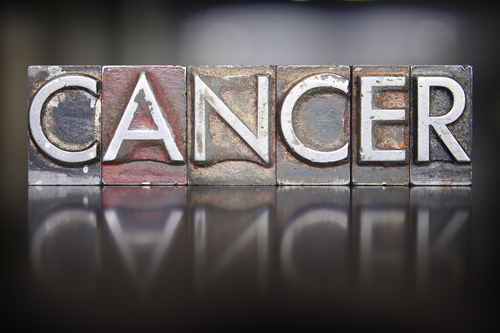In Cancer Therapy, There is a Time to Treat and a Time to Let Go: Sara's Dilemma – A Battle for Quality of Life
A four-part series on the difficult subject of when to end cancer treatment. Exploring the experiences of patients like Sara, who battles metastasized breast cancer and struggles with the decision to continue chemotherapy or seek comfort care through hospice.

Part One of a 4 part series
Since 2002, I've been in a continuous struggle against breast cancer. There were moments of respite—four years of remission when I could revel in life's pleasures, downsize my home, and travel with a partner. Yet, the tranquility was short-lived. In 2008, bothersome rib pain drove me to seek medical attention. However, diagnosis was far from swift. My primary doctor delayed scans and feedback, leaving me in the dark.
Almost a year later, the confirmation arrived—metastasized breast cancer had taken root in my bones. I was referred to a cancer research facility under suspicion of Castleman's disease, a term unknown to me. I felt like I had slipped through the cracks, struggling with inadequate knowledge and treatment options.
The same oncologist who began my journey continues to oversee my case. His approach involves weekly Faslodex and Xgeva shots. Six years ago, a friend convinced me to seek a second opinion at the University of Pennsylvania. That oncologist reviewed my PET scans and reports, affirming the ongoing treatment plan. Recently, in March, I transitioned to full infusion therapy on a weekly basis. Now, my concern is when to call it quits. I find myself declining invitations and foregoing fun with friends.
I asked a nurse practitioner when to cease chemotherapy. Her response was liberating yet daunting—"You're in control; you can always halt treatment." This advice feels like contemplating skydiving.
But who will guide me gently if I choose not to pursue treatment? The commercials for Cancer Centers of America raise questions about post-chemo guidance. Is hospice the next logical step? I must inquire with my oncologist about the extent of my autonomy beyond pain medication from my primary care doctor. After all, we're discussing the end of life here. Do you have any insights?
Choosing life or a better death?
"In Cancer Therapy, There is a Time to Treat and a Time to Let Go"
Deciding Between Life and a Dignified Passing
Sara's story mirrors that of countless cancer patients. They embark on treatments that, while not curative, may extend life and stave off cancer's advancement. Yet, as in Sara's case, the side effects of chemotherapy are becoming untenable, impinging on her once-active social life, now dominated by specialists and nurses. While oncologists might offer prognosis honesty, precision remains elusive.
Drawing from my nursing experience in oncology, patients like Sara grapple with when to say "enough." Many endure grueling treatments and their associated suffering, all for a potential, albeit brief, prolongation of life. Regrettably, many forego the solace hospice care offers. I recall a defining moment when I, an RN, was dismissed from a cancer center for broaching the subject of hospice care. Ironically, that patient embraced hospice care the very next day.
Numerous cancer centers depend on research funding and pharmaceutical support, resulting in the underemphasis of hospice care. Consequently, hospice is only broached when the patient or their family initiates the conversation.
A Turning Point: Shifting from Treatment to End-of-Life Preparation
A juncture arrives in many patients' journeys when pursuing aggressive treatment is no longer prudent; a shift towards preparing for end-of-life becomes paramount. Cancer patients must comprehend the long-term repercussions of chemotherapy and radiation. They should be fully informed about the impact on their quality of life in the years following treatment, as they deliberate between prolonging life and compromising its quality.
Critical Decisions Require Informed Choices
Remember, cancer patients are confronted with a monumental decision—committing to treatment that may extend life at the cost of its quality or opting for comfort care with an uncertain future. Customized cancer treatment should provide hope for a brighter tomorrow, even in the face of terminal illness. The key lies in equipping patients with knowledge and resources to make well-informed decisions.
Armed with accurate information, cancer patients can regain a sense of control. While they may have to accept mortality, they need not relinquish life entirely. Even in the presence of terminal illness, life can be lived to the fullest. By offering proper guidance, we empower these patients to choose treatments that ensure the best possible quality of life, allowing them to create meaningful memories for their loved ones.
Looking forward to sharing the subsequent parts of this series with you.
Diane Carbo, RN
Our Resources section can help you find the information and tools that you need. We have courses, videos, checklists, guidebooks, cheat sheets, how-to guides and more.
You can get started by clicking on the link below. We know that taking care of a loved one is hard work, but with our help you can get the support that you need.
Click here to go to Resources Section now!
In the next article, I will address “making the tough decisions”.
Facing Our Own Mortality: When LIfe is Not As Long As We Want It To Be
